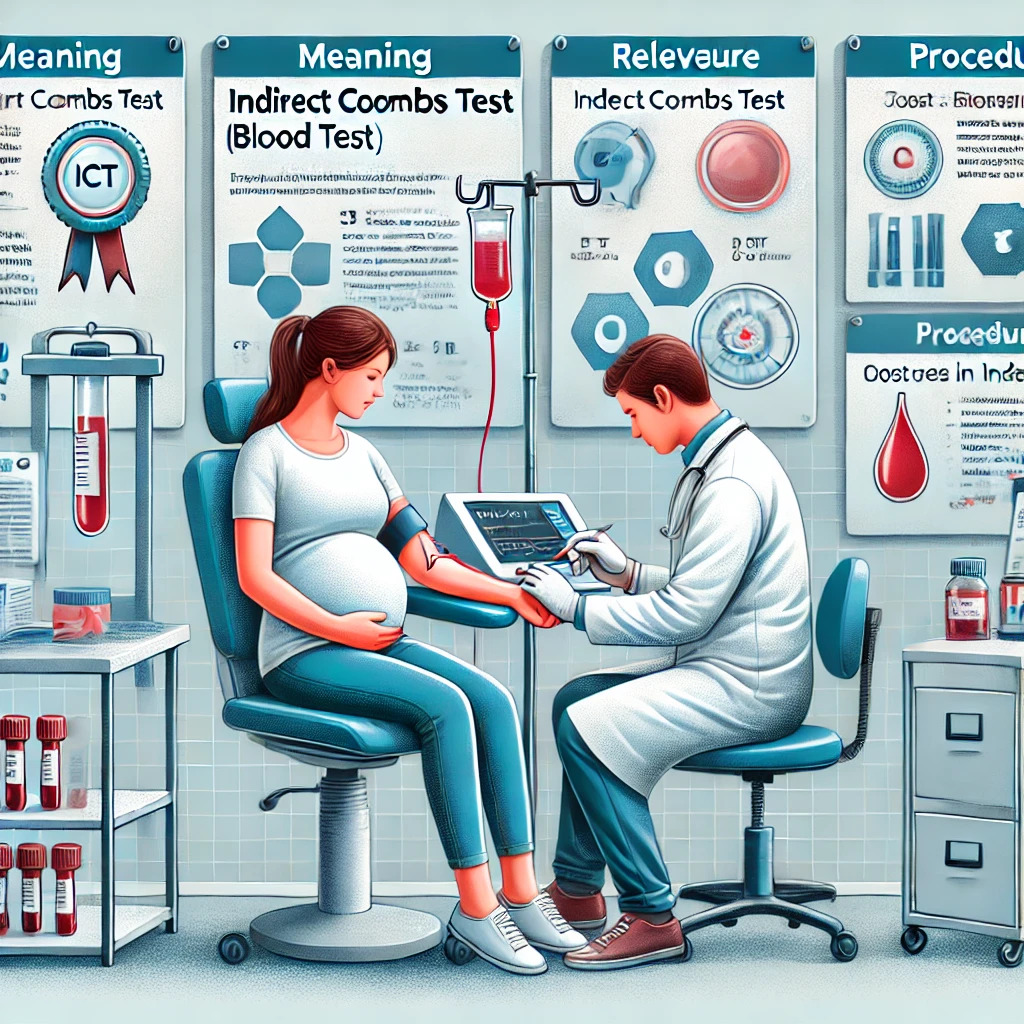Diabetes Check-up: What to Expect and How to Prepare

Diabetes is one of the most common chronic conditions which affect millions of people. Since diabetes is a symptomatic condition, it is often possible to detect the symptoms and start the treatment. However, diabetes is not detected through symptoms at an early stage and this is why people at risk should get their Diabetes checkup done regularly.
Make sure to find a diabetes test lab near you and get your diabetes test done.
Benefits of getting Diabetes check-up
- Early detection will be great for your physical health.
- Timely diabetes test helps your physician to suggest necessary health precautions if you are at a risk of diabetes.
- If you are already Diabetic, a regular diabetes check-up may help you in monitoring the effects of diabetes on your body.
What is diabetes?
Diabetes is a chronic disease which directly influences the body’s ability to produce or use insulin. Insulin is a hormone which is produced by the pancreas. It is insulin which allows our body to optimally store or use sugar for energy.
If your body is not able to produce or utilise insulin optimally, your blood sugar level may go high. A high level of blood glucose is considered diabetes. Uncontrolled diabetes may lead to heart disease, kidney disease, nerve damage and eye related issues as well. Diabetes can be life threatening if ignored.
Why should you get a diabetes test done?
A diabetes check-up lets you have a clear idea about the levels of your blood sugar. By getting a diabetes test, you can diagnose the following types of diabetes.
- Type 1 diabetes
If your body is unable to produce the necessary amount of insulin, you may be diagnosed with type 1 diabetes. Type 1 diabetes is also called juvenile diabetes because it commonly commences from the stage of childhood. In this condition, the immune system of the body starts attacking the cells which create insulin for the body. However, you can get this disease at any point in your life. Daily insulin is required for people who have this type of diabetes.
- Type 2 diabetes
Type 2 diabetes is also called adult onset diabetes but it can also begin during childhood. In type 2 diabetes, the body produces some insulin but is unable to use it properly. This can occur due to a genetic predisposition or some lifestyle related factors. The patients are suggested dietary and lifestyle changes and are also suggested to use medication or insulin to manage it.
- Gestational Diabetes
This type of diabetes occurs only during the period of pregnancy. It is possible that patients with gestational diabetes get affected by type 2 diabetes at a later stage in their life.
- Prediabetes
In this type of diabetes, the patient’s blood glucose levels are high but not high enough to be considered type 2 diabetes. This condition can be managed with medication.
Diabetes test types – These are the main types of diabetes tests
- Fasting blood sugar test – This blood sugar test tells the amount of blood sugar after a period of overnight fasting. It may be required for you to fast for 8 to 12 hours.
- Haemoglobin A1c Test (HbA1c) – This test gives you an idea about the blood sugar levels in the past two to three months. You don’t need to fast to get this test done.
- Oral glucose tolerance test – This test requires overnight fasting. After taking a sample of your blood, you are given a drink with sugar. Two hours after drinking it, your blood sample is taken again.
- Random Blood sugar test – This test can be done anytime and you don’t need to fast to get it done.
- Urine test – This is one of the most recommended tests by doctors. This test can be used to determine if you are at a risk of developing diabetes.
- Kidney function tests- As diabetes can affect kidney function, this test is also included. It requires overnight fasting.
How to prepare for a diabetes test?
8-12 hours of fasting is required for FBS, oral glucose tolerance test, and kidney function test. HbA1c test, urine test or random blood sugar test doesn’t need any fasting. You can get a personalised Diabetes test package at O-lab at an affordable rate.
What to expect during your diabetes test?
You will visit the lab and will be asked to sit on a chair. A phlebotomist will first clean the inner side of your elbow and will insert a thin syringe in a vein to draw some blood. Once the sample is collected, the blood will be stored into a small test tube. This only takes a few minutes. If you are getting the oral test, the time will increase because you will be required to drink a glucose solution and the sample will be taken two hours after that. For a urine test, the doctor will give you an at-home diabetes test kit. You will get test strips which need to be placed under your urine stream. The colour of the strips will indicate your glucose levels.
You may only experience very slight bruising or ache at the place where the syringe was inserted to take the blood sample. This will subside on its own in a few days.
Diabetes test normal range –When should you worry?
- Fasting blood sugar test – the normal test range for this diabetes test is less than 100 mg/dL. A level between 100-125 mg/dL may point towards prediabetes. A range over 136 mg/dL in multiple tests indicates diabetes.
- Haemoglobin A1c test – A normal range for this diabetes test is less than 5.7%. Levels between 5.6 to 6.4% may indicate prediabetes. A range equal to or higher than 6.5 indicates diabetes.
- Oral glucose tolerance test – A normal range for this diabetes test is less than 140 mg/dL. A glucose level between 140-199 mg/dL is considered the prediabetic stage. Levels equal to or higher than 200 mg/dL indicate diabetes.
- Random blood sugar test – If your glucose levels are equal to or higher than 200 mg/dL, the test indicates a diabetic condition.
Diabetes Check-up Package
If you need a diabetes test done and want to know the cost of diabetes tests, you can reach out to us at O-Lab. You can get an affordable diabetes test package at one of our state of the art labs.





